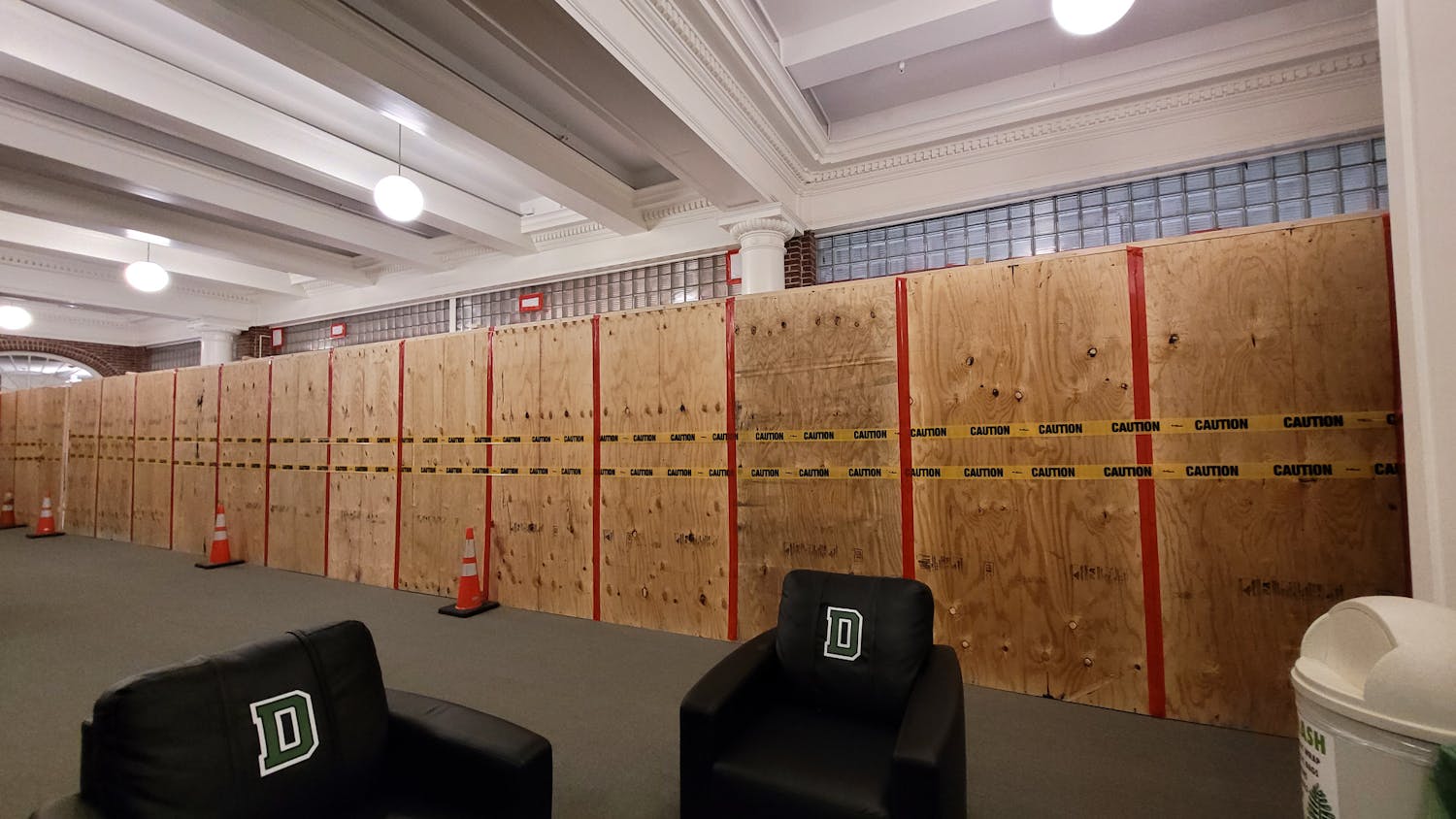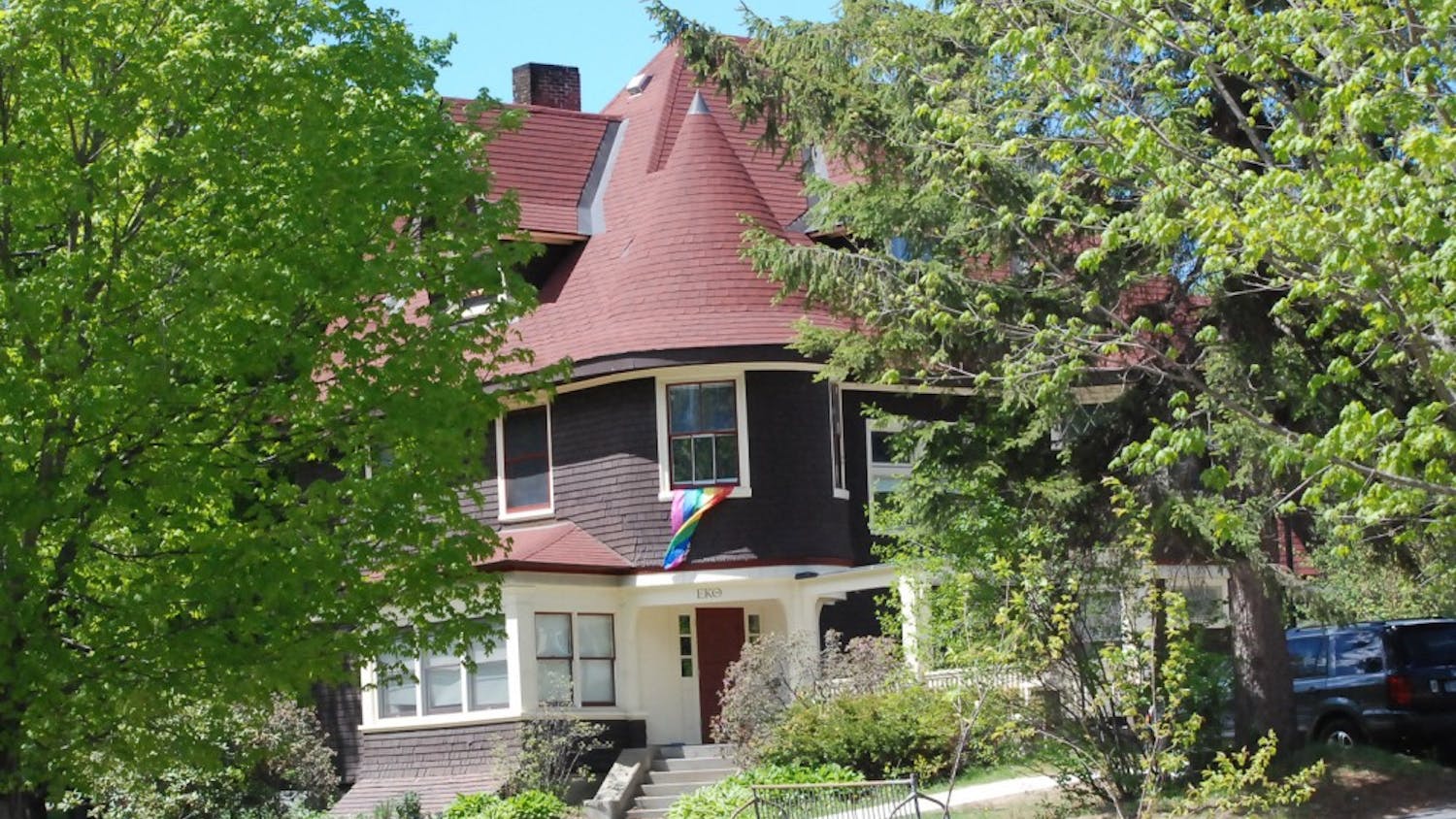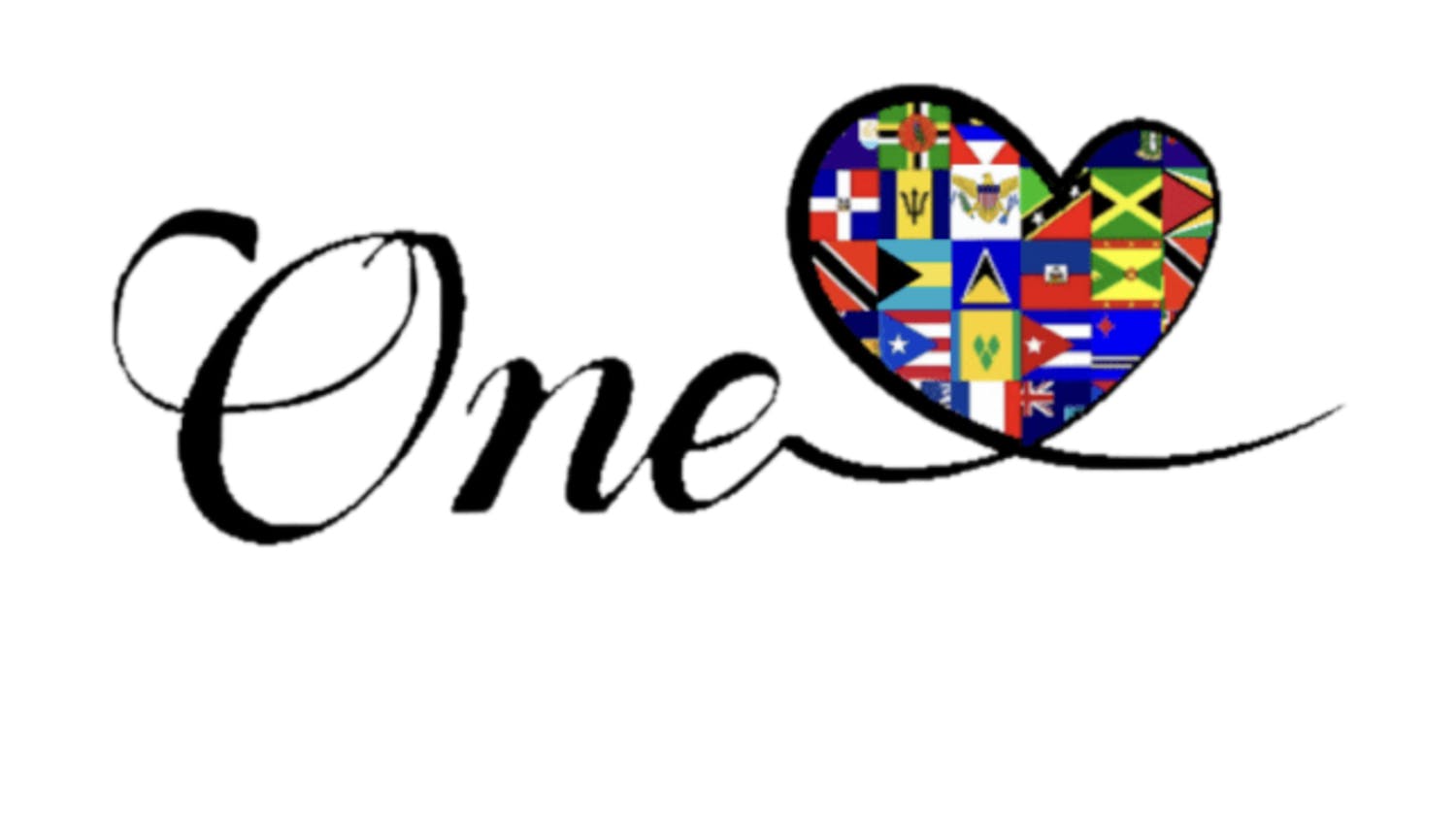The College’s most recent alumni have begun conducting interviews with its newest applicants via Skype. The pilot program, organized by former admissions office intern Alex Judson ’14, connects members of the Class of 2014 with applicants to the Class of 2019 who live in areas with fewer alumni interviewers.
Alumni interviews are never required, but some applicants have not had the option of scheduling one. Dean of admissions and financial aid Maria Laskaris said the pilot program, which will continue for regular decision applicants, aims to interview 100 people in “far-flung places.”
The program will reach prospective students overseas, including applicants from military families living abroad, and remote areas of the U.S.
Derrick Smith ’07, assistant director of young alumni and student programs, wrote in an email that, while he has not been directly involved with the pilot program, he believes its virtual nature will expand Dartmouth’s reach during the admissions process.
He noted that the young alumni will represent Dartmouth as it “works to expand its global brand recognition.”
He acknowledged, however, that online interviews lose the “human element” of in-person meetings and exclude students without Internet connections.
Max Ross ’11, who has conducted dozens of admissions interviews since he graduated, said that while the in-person interviews are ideal, technology is “the way of the future.” Ross is currently the district enrollment director for central New Jersey, a role that requires him to manage the alumni interviewing process for two counties.
The University of Chicago, Oberlin College, Wake Forest University and Tufts University offer Skype interviews.
Sarah Alger ’80, who interviews applicants from Nantucket, Massachusetts, said applicants may relate better to someone closer to their own age. Alger said young interviewers may be better informed about campus events.
“Rather than have us old codgers being the people doing the interviewing, it’s probably a more realistic perspective,” said Alger, who has around 30 years of admissions interviewing experience.
This peer-like interaction, however, could also give applicants the sense that the interview is weighted less in the admissions process, she said.
Smith wrote the program allows applicants to hear from people whose Dartmouth experiences will most closely resemble their own.
“Who else is better to help inform the Dartmouth of tomorrow than the Dartmouth of today?” he wrote.
Program participant Michael Klein ’14, who interviewed an applicant from the Midwest, said his interview was surprisingly helpful for the candidate. The two discussed extracurricular and foreign study opportunities, social life and the negative media attention Dartmouth has received recently.
Klein said, however, that more experienced interviewers might be better able to evaluate applicants.
“When you’re an alum who has seen hundreds and hundreds of students come through, you get a better sense of what admissions is looking for,” he said. “Not having that experience makes it a little more difficult to give a recommendation to admissions that makes it a more trusted data point.”
Klein is a former member of The Dartmouth business staff.
Ross who, like Smith, has worked to boost the number of young alumni interviewers, said he agreed that Dartmouth’s youngest alumni can best give applicant practical advice and up-to-date perspectives.
“At the same time, for all of their operational and ‘on-the-ground’ expertise, the ’14s will lack professional experience and experience in the workforce that is equally informative during undergraduate interviews,” Ross wrote in an email.
Ross observed that young alumni have become increasingly involved in the admissions process, both in his area and elsewhere.
Laskaris said that most alumni interviewers are around 15 to 20 years out of college, as their employment and residency are more stable.
Maria Brenes, Sasha Dudding and Madison Pauly contributed reporting.



